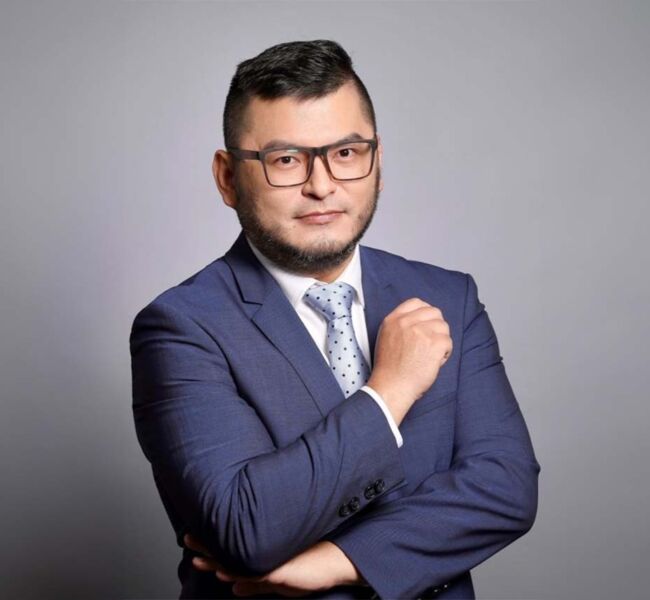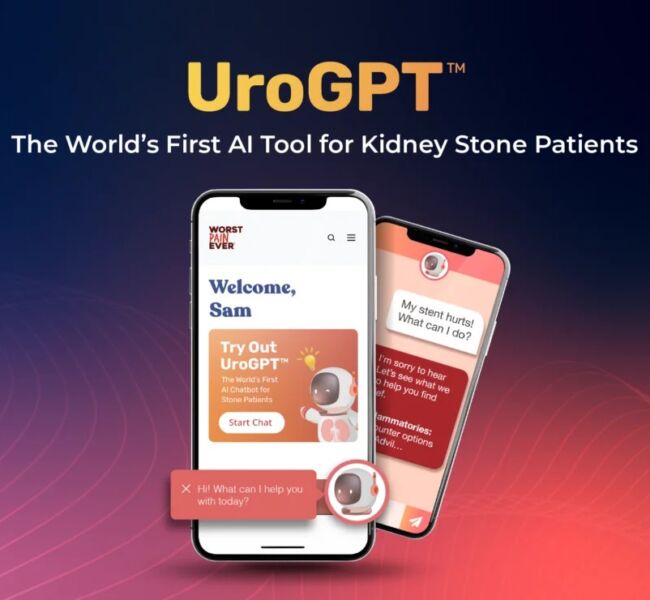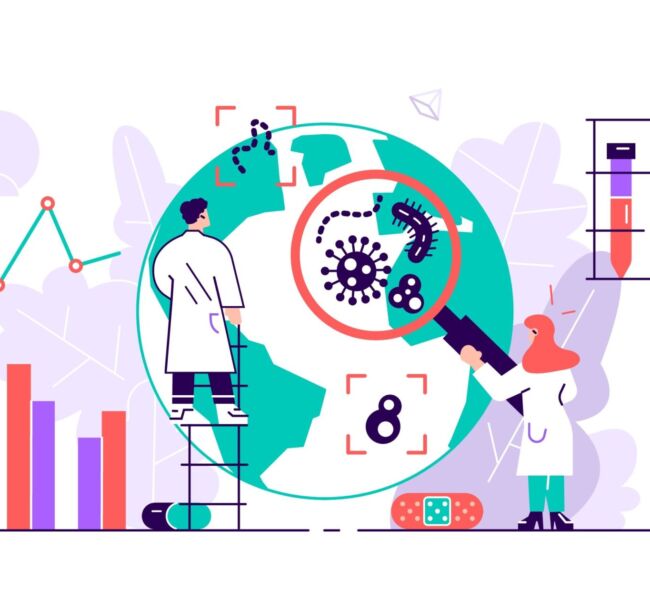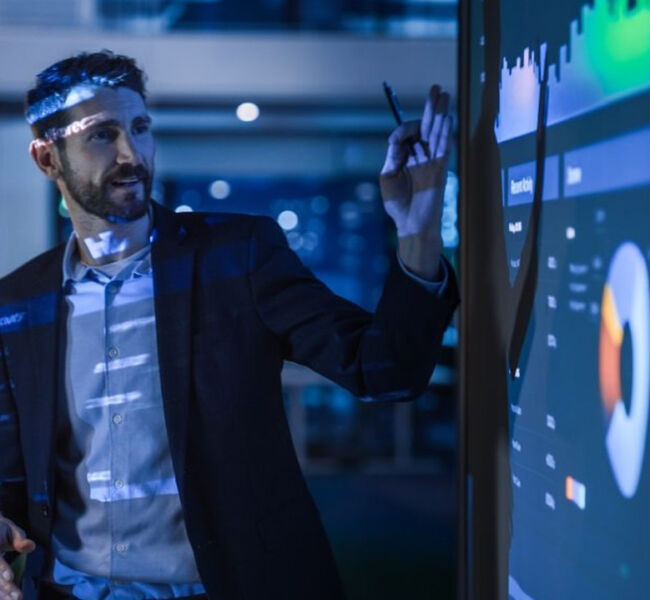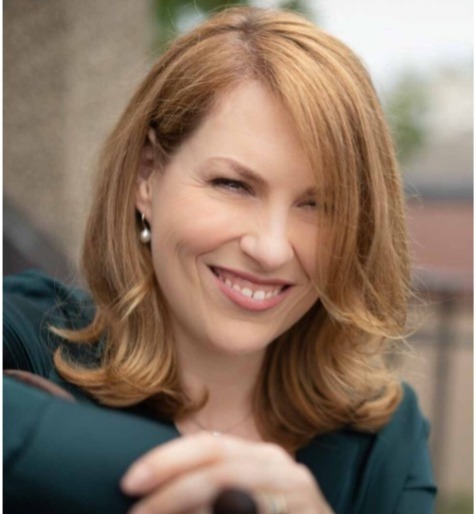
Jo Filshie Browning
The COVID-19 pandemic has highlighted the importance of accurate science communication. Despite incredible breakthroughs in our understanding and management of the virus, the benefits of scientific work are still debated.
As scientists, to increase the visibility and impact of your work, you must learn how to communicate succinctly and engagingly online.
- Clarity: Appreciate it’s your responsibility to communicate well, not your audience’s to understand. Science often describes the ‘what’; audiences find the ‘SO what?’ even more interesting. Delivering a clear message with passion and energy gives you an opportunity to connect with your audience.
- Impact: Develop your knowledge about in-person and digital environments. Online is now the norm; it’s no longer enough to just write papers or speak at conferences, you need to communicate through video.
- Confidence: Realise that speaking about your science may not come naturally. By understanding how different communication channels work and getting support to learn and practise the skills required, you can learn how to speak in a variety of settings.
- In this digital age, misinformation and conspiracy theories seem to spread as virulently as the coronavirus itself. Through my work in healthcare communications as a practitioner and academic, I have seen how clarity of communication helps instil trust in science, and as the media world has changed, scientists and the medical community have additional responsibilities as communicators.
Today, you must communicate your science in the language your audiences understand, navigate the complexity of social media and keep your audience’s attention despite many distractions. To find out more, read my new book Scientifically Speaking or visit www.scientificallyspeaking.com for information on my speaker training and coaching courses.
Paperback: http://getbook.at/ScientificallySpeaking
eBook: http://getbook.at/ScientificallySpeak-eb
Many years ago, Sir Mark Walport, Chief Scientific Advisor to the UK government, said, “Science isn’t finished until it is communicated”. This is true now more than ever.
—
We’re excited to be working closely with Jo on a Scientific Communications masterclass in the coming weeks. Watch this space!
